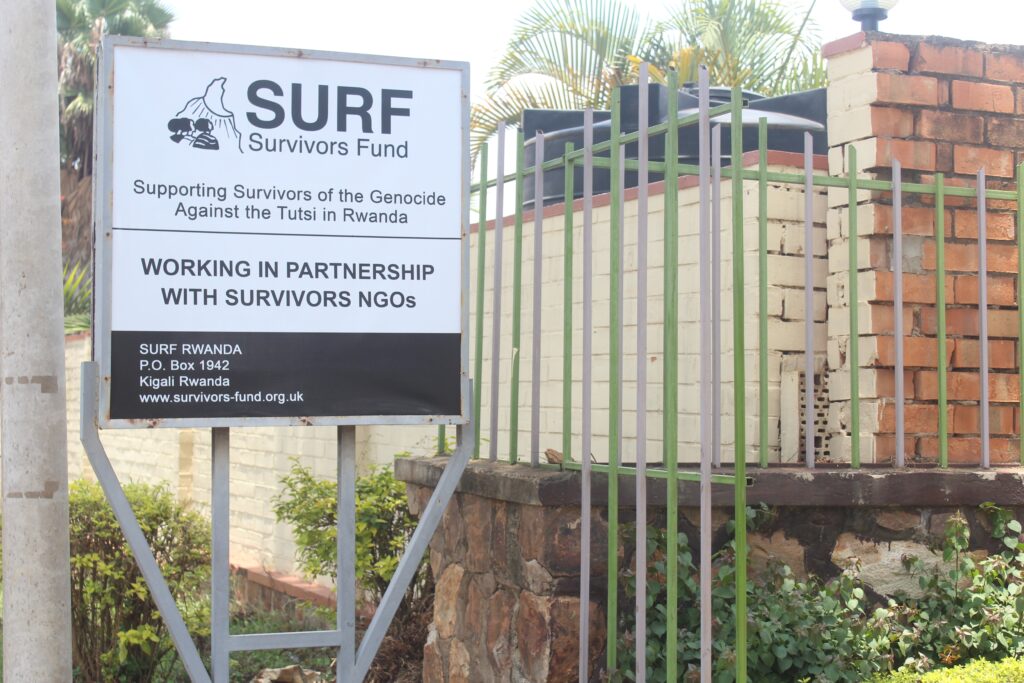
This is one of a series of extracts of questions and answers from An interview with Samuel Munderere and David Russell of Survivors Fund (SURF) on reparative justice for survivors of the 1994 Genocide against the Tutsi in Rwanda published in a Special Issue of Peace Review, a journal of social justice, to mark the 30th Anniversary of the Genocide against the Tutsi in Rwanda.
What is SURF’s vision for the role of international development NGOs in Rwanda – organizations such as UN agencies like UN Women and NGOs such as Women for Women International, CARE, Save the Children, Heifer International and others like them in advancing reparative justice for genocide survivors in Rwanda? Have they supported SURF and reparative justice for genocide survivors? If so, how? If not, what can they do to partner in the respect, protection, and fulfillment of the human rights of Rwandan genocide survivors?
Survivors Fund (SURF) envisions a collaborative role for international development NGOs in Rwanda, including UN agencies and other organisations, in advancing reparative justice for genocide survivors. These NGOs have the potential to play a crucial role in complementing the efforts of local initiatives of SURF and our partner organisations (like AVEGA, GAERG and AERG) by bringing additional expertise, resources, and networks to address the multifaceted needs of survivors.
However to date, it has been principally SURF that has been leading the efforts for reparative justice for genocide survivors. Though NGOs like Women for Women International, CARE and Save the Children do have active programmes in Rwanda, very few, if any, prioritise survivors for support. A number of NGOs also have more of a focus on forgiveness and reconciliation, particular those organisations with a religious background, rather than a holistic concern with a survivor-centered effort to advance the human rights and welfare of genocide survivors which is the focus of Survivors Fund (SURF).
International NGOs then need to ensure that their programmes are survivor-centered, culturally sensitive, and contextually relevant. They should prioritise funding for reparative justice initiatives and advocacy efforts aimed at addressing the ongoing challenges faced by survivors, including access to justice, healthcare, education, and economic opportunities. This can be through working through specialist and experienced organisations like Survivors Fund (SURF) or our local partner organisations – but what is most important is that they account for the unique needs of genocide survivors and don’t presume that they are being reached through their more general poverty-reduction progammes. By working together in a coordinated and inclusive manner with local survivor’s organisations, international NGOs can maximise their impact and contribute to the realisation and fulfilment of justice for genocide survivors in Rwanda.
